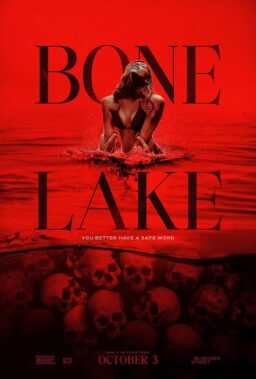Movie history did not begin in 1967, but my career as a movie critic did.
Since then I’ve reviewed most of the new movies as they’ve opened, but there is almost never time to go back and write about the great movies of the past. Three or four times a year, when a classic movie is re-released in a restored version, I’ll write something about it (recently I’ve revisited “Belle de Jour,” “Taxi Driver,” and “The Umbrellas of Cherbourg“). But in general I press forward into the future.
Now I want to change that–to a small degree, anyway. Readers often helpfully suggest, “Why don’t you go back and review all the great movies of the past?” I sigh and explain that there are about 250 new releases every year for me to review, that time is at a premium, that man doth not live by looking at movies alone, etc. But they have a point.
I’ve begun a new bi-weekly feature called “The Great Movies,” in which I review a classic from years past.
All of the movies included are available on home video and many play frequently on the cable movie channels; if you want to make a survey of the greatest films ever made, this would be a good way to start.
Somehow it seemed inevitable that my first Great Movie would be “Casablanca.” Why “Casablanca?” I am convinced that in a free-association test, if a psychologist shouted out “name a movie!” more people would name “Casablanca” than any other title. It is *the* movie, I wrote on the occasion of its 50th anniversary. Within its frames are so many of the many different and sometimes conflicting reasons why the movies are so special to us; “Casablanca” is popular art, and it is Art, as well.
How will I choose the Great Movies? I’ve made a few flexible rules for myself. Although I have indeed written about “Casablanca” previously, in future weeks I will look for new territory. I will tend to select films I have never written about before. Wonderful possibilities come to mind: Welles’ “Magnificent Ambersons,” Tati’s “Mr. Hulot's Holiday,” Hitchcock’s “Vertigo,” Fellini’s “8 1/2,” Ozu’s “Floating Weeds,” Keaton’s “The General.” If I revisit a classic I’ve written about previously (for I must include titles like “Citizen Kane,” “The Third Man,” “La Dolce Vita,” “Psycho,” “The Godfather,” “Apocalypse Now,” “Raging Bull” and “E.T.”), I will make a fresh start, a new evaluation, and not recycle my words from the past.
In selecting the titles, I will try to find a balance between titles most people have heard of (“2001: A Space Odyssey“) and those few readers may be familiar with (Satyajit Ray’s “The Music Room“). One of the gifts one movie lover can give another is the title of a wonderful film they have not yet discovered. In university, I had a Shakespeare professor who was the world’s leading expert in “Romeo and Juliet,” and who used to say he would give anything for the ability to read the play again for the first time.
When I meet someone who has never seen “The Third Man” or “Singin' in the Rain,” I envy them the experience they are about to have.











